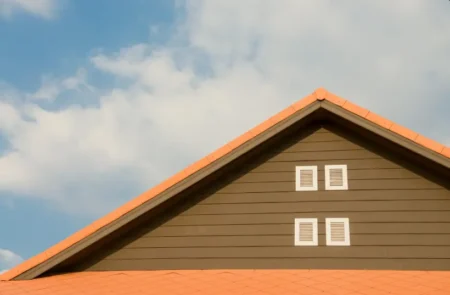 A leaking roof is one of those home problems that can’t wait. Whether it’s a slow drip or a sudden downpour, even a small leak can cause big damage — to your ceiling, walls, insulation, and even your home’s structure.
A leaking roof is one of those home problems that can’t wait. Whether it’s a slow drip or a sudden downpour, even a small leak can cause big damage — to your ceiling, walls, insulation, and even your home’s structure.
If you notice water coming in from above, here’s what to do immediately and how to deal with the damage long-term.
Step 1: Stay Calm and Contain the Water
As soon as you notice the leak:
- Place a bucket or container under the drip
- Use towels or plastic to protect furniture and flooring
- If the ceiling is bulging, carefully poke a small hole to relieve pressure and direct the water into a bucket
Act fast — moisture spreads quickly and can damage more than just what you see.
Step 2: Find the Source (If You Can)
Leaks don’t always appear right under the source. Water can travel along rafters or beams before showing up inside.
Start by checking:
- Attic space
- Around vents, chimneys, skylights
- Under damaged shingles or flashing
If it’s raining, you might not be able to get a good look until things dry up — and that’s okay.
Step 3: Call a Roofing Professional
Don’t wait to get help. A roofing expert can inspect the damage, identify the real source, and recommend repair options.
Step 4: Document the Damage for Insurance
Take clear photos of:
- Where the leak is coming in
- Any damaged ceilings, walls, or floors
- Items affected (rugs, furniture, electronics)
If needed, contact your insurance company to file a claim. The more documentation, the better.
Step 5: Dry Out the Area
Even after the leak stops, moisture remains a threat. Mold can develop within 24–48 hours.
Use fans, open windows, and a dehumidifier to:
- Dry walls
- Air out insulation or drywall
- Prevent long-term water damage
Final Tip: Prevent Future Leaks
- Schedule yearly roof inspections
- Clean gutters regularly
- Trim back overhanging branches
- Address missing shingles or small issues early
Leaks don’t fix themselves — but with fast action and professional help, the damage can be contained, repaired, and even avoided next time.
Picture Credit: Freepik

